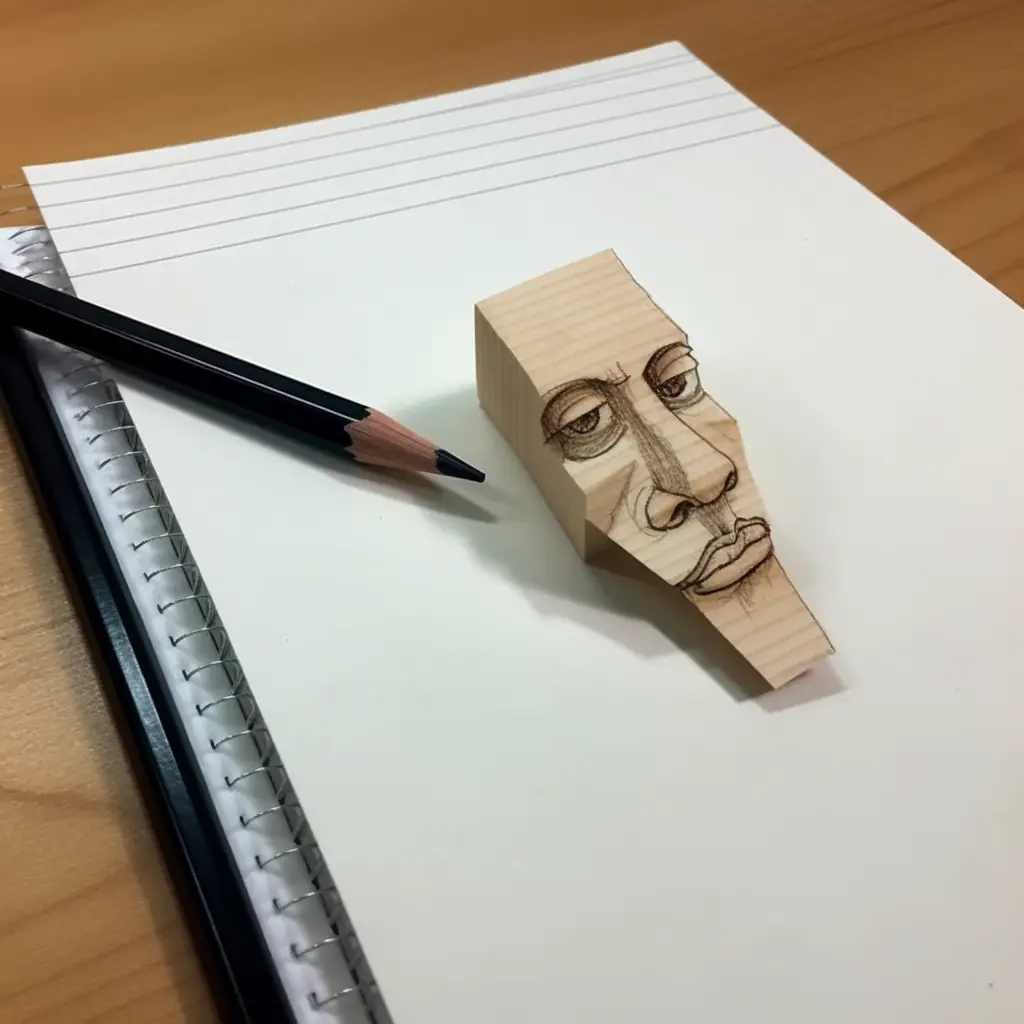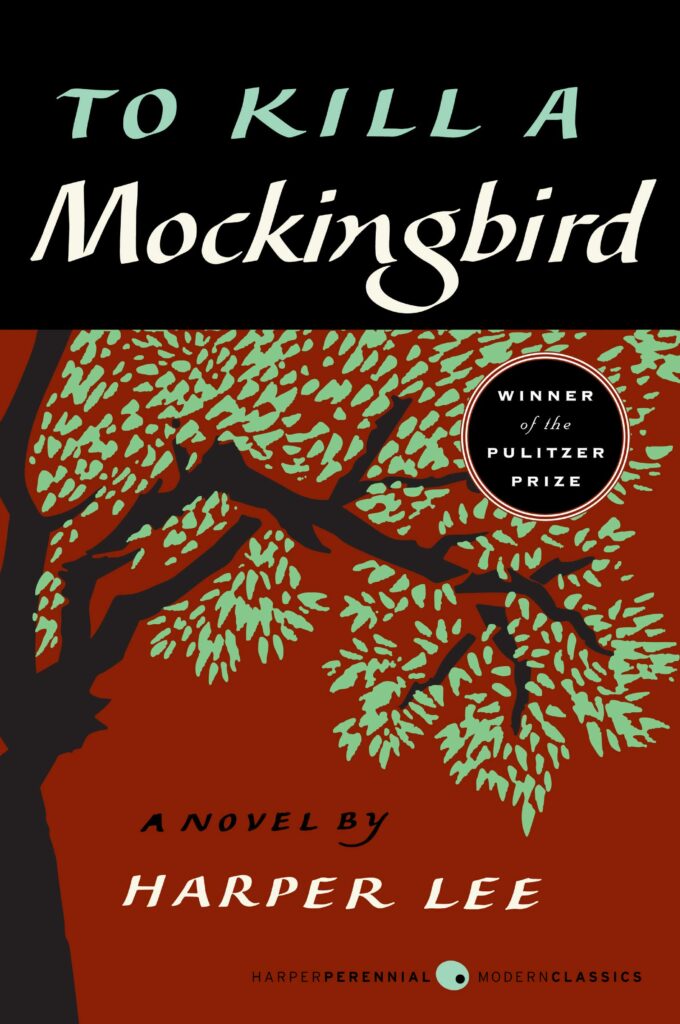
Slang is informal language typically used by a particular group of people and consisting of words and phrases not found in standard dictionaries. It can be used to add flavor to conversations, express emotion, and make jokes. Think of words like “dope,” “lit,” or “woke.”
Slang: The Secret Language of Subcultures
Slang is like the secret handshake of language. It’s a way for people who belong to a certain group or subculture to show that they’re part of the in-crowd. From teenagers to internet communities, different groups use slang to identify with each other and create a sense of belonging. The ever-evolving nature of slang keeps it fresh and interesting, and can even make writing more engaging and relatable.
The Spice of Writing: When to Use Slang
Just like adding a pinch of salt can bring out the flavors in a dish, using slang in writing can add depth and personality to a character or setting. But be careful, too much slang can leave a reader feeling overwhelmed or confused. Slang should be used sparingly, like a dash of paprika, to avoid overpowering the main message.
In fiction writing, slang can help create authentic dialogue, giving characters unique voices and making them feel more real. Non-fiction writers can also use slang to connect with readers, but it’s important to make sure that the audience understands the terms being used. When in doubt, a brief explanation can help clear up any confusion.
Slang-aphobia: When Not to Use Slang
While slang can be a fun and engaging element in writing, there are times when it’s best to stick with standard language. Academic and professional writing, for example, usually require a more formal tone. In these cases, slang can make a piece of writing seem unprofessional or out of place. It’s also important to remember that slang might not be understood by everyone, and using it in a way that excludes or alienates readers should be avoided.
Slang can be both a blessing and a curse for writers. On one hand, it can make writing more engaging and approachable, but on the other, it can quickly become dated. Because slang terms change and evolve rapidly, a piece of writing that relies heavily on slang can quickly lose its relevance. To avoid this pitfall, use slang thoughtfully and consider whether a phrase is likely to stand the test of time.
How to Create Your Own Slang
Ready to flex those creative muscles and invent some slang of your own? Here’s a simple recipe to get started:
- Borrow from other languages: Languages around the world are full of colorful expressions just waiting to be adopted. Spice things up by borrowing a word or phrase and giving it a new twist.
- Combine existing words: Take two familiar words and smash them together to create something new and exciting. For example, “hangry” is a blend of “hungry” and “angry.”
- Use abbreviations or acronyms: Turn a phrase into an acronym, like “YOLO” for “you only live once,” or create a catchy abbreviation like “FOMO” for “fear of missing out.”
- Play with sounds and spelling: Experiment with phonetics and spelling to create a new word that rolls off the tongue, like “cray” for “crazy.”
Examples of Slang in Action
Now that we’ve explored the ins and outs of slang, let’s take a look at some examples:
- Teen slang: “She was totally shook when she found out her crush liked her back. It was lit!”
- Internet slang: “Did you see the latest meme? It’s so dank!”
- Regional slang: “I’m fixin’ to go to the store, y’all need anything?”
- Historical slang: “That flapper sure can dance the Charleston. She’s the bee’s knees!”
- Workplace slang: “The boss asked for the TPS reports ASAP, so it’s time to put the pedal to the metal.”
- Sports slang: “He scored a hat trick and led the team to victory. What a clutch performance!”
By understanding and incorporating slang into writing, it’s possible to create more engaging, relatable, and authentic characters and scenarios. But remember, just like with any spice, a little goes a long way. Use slang thoughtfully and in moderation to keep writing fresh and appealing without sacrificing clarity or professionalism. And who knows, with a little creativity, you might even coin the next “dope” slang term that takes the world by storm!
If you’re thirsty for more writing knowledge, head over here to learn all 74 literary devices.





